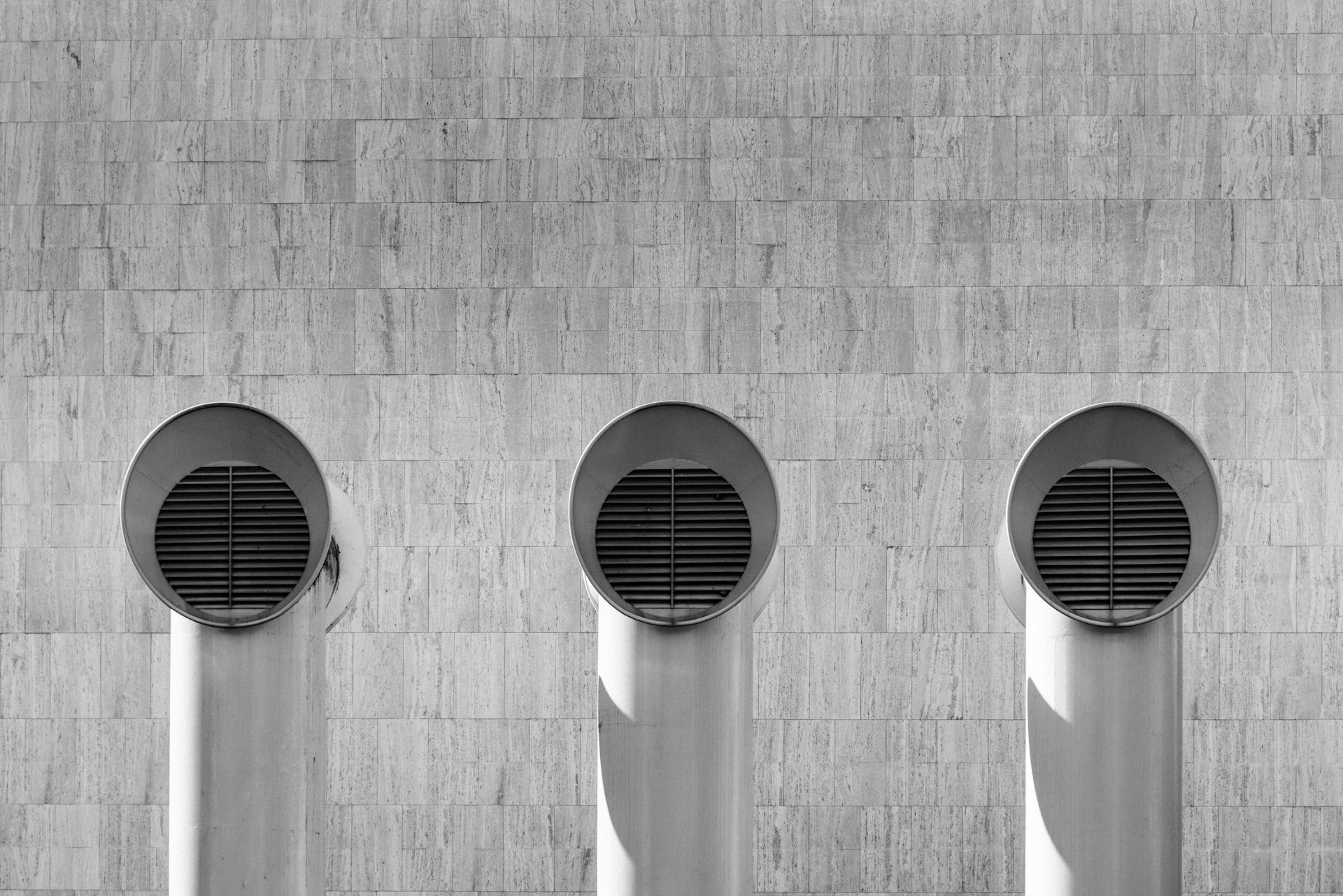Simple Tips to Maintain Your HVAC System

The efficiency of your HVAC system plays a big part in the comfort of your home, affecting the temperature, air quality, and energy costs. Regular maintenance can prevent small issues from escalating into costly repairs and keep your system running smoothly year-round. Here are some straightforward tips you can implement and ensure that your HVAC system is in optimal condition, saves energy, and prolongs its lifespan.
Schedule Annual Professional Maintenance
Sometimes, DIY efforts are not enough to properly maintain an HVAC system. Scheduling an annual maintenance check with local HVAC professionals can catch issues before they become major problems. During these inspections, technicians can adjust and calibrate your system to optimize performance, check refrigerant levels, and inspect electrical components for wear and tear. This routine service can highlight areas where efficiency could be improved and save you money in the long run.
Regular check-ups also maintain warranties, as many manufacturers require proof of annual service for warranty coverage. Making this part of your maintenance routine guarantees that your HVAC system remains in prime condition, ready to handle seasonal changes.
Change Your Air Filters Regularly
Cleaning filters is one of the simplest yet most effective maintenance tips you can follow. Dirty filters obstruct airflow, forcing the system to work harder to circulate air. Inefficiency causes wear and tear on your unit and increases energy costs significantly.
Check your filters monthly and replace them every 1 to 3 months, depending on the type. High-efficiency filters may last longer; those used in homes with pets or allergies may require more frequent changes. Regular filter changes can improve the efficiency of your HVAC system.
Clean and Inspect Ductwork
Over time, dust, debris, and allergens can accumulate in your ducts, resulting in reduced airflow and diminished air quality. Having a professional inspect and clean your ducts every few years can help prevent these issues. Look for any visible signs of damage or leaks. Sealing leaks can prevent energy loss, which translates to lower utility bills and better efficiency.
Cleaning can be a simple task to carry out on your own, but inspecting for structural integrity should generally involve a professional. Make duct inspections a part of your maintenance plan for better circulation, improved airflow, and potentially extend the lifespan of your HVAC system.
Keep Outdoor Units Clear
Your outdoor unit needs adequate space to function efficiently. Overgrown plants, leaves, and debris can restrict airflow and inhibit the unit's performance. Make sure that there's a minimum of two feet of clear space around the unit. Regularly trim back any vegetation to maintain air circulation.
Be mindful of the environment surrounding your outdoor unit. The accumulation of leaves or snow can obstruct airflow and lead to mechanical failures. Routine inspections serve to check that nothing obstructs the unit. This relatively easy task can impact energy efficiency, prolong the lifespan of your unit, and keep your home's air quality stable.
Use a Programmable Thermostat
Upgrading to a programmable thermostat can take your energy efficiency to the next level. These devices allow you to set specific temperatures for different times of the day, optimizing energy usage based on your schedule.
Homeowners can save on their energy bills just by maintaining a consistent temperature when they're away from home. Many models connect to your smartphone, giving you the power to adjust settings remotely. This convenience can lead to more efficient use of your HVAC system, allowing it to operate effectively without unnecessary strain. Coupled with regular maintenance, a programmable thermostat can boost the efficiency of your heating and cooling system.
Insulate and Seal Your Home Properly
Proper insulation and sealing can make a world of difference in your HVAC efficiency. Look for gaps around windows, doors, and attic spaces to minimize heat loss during winter and keep your home cooler in summer. Weatherstripping and caulking can be effective solutions to seal these gaps.
Good insulation won't allow your HVAC system to work harder than necessary — you'll see substantial savings on energy bills. Sealing and insulating your home can reduce heating and cooling costs by up to 15%. Making these improvements contributes to a more energy-efficient and comfortable home.
Pay Attention to Unusual Sounds and Smells
Be mindful of any unusual sounds or smells coming from your HVAC system. Strange noises may indicate problems, whether a loose part, a failing motor, or something more serious like a refrigerant leak. Common sounds include rattling, grinding, or buzzing, all of which should be investigated as soon as possible. Musty or burnt smells can indicate mold growth or electrical issues, which could pose health risks or damage your system.
If you notice these signs, don't hesitate to contact a professional to diagnose and resolve the issue. Being proactive with these observations can prevent costly repairs and extend the life of your system.
Incorporating these easy tips into your routine can maintain the efficiency and longevity of your HVAC system. Regular maintenance guarantees comfort, energy savings, and a healthier living environment for you and your family.
Published 5/29/25